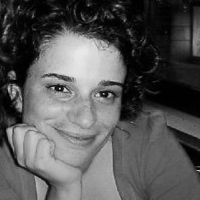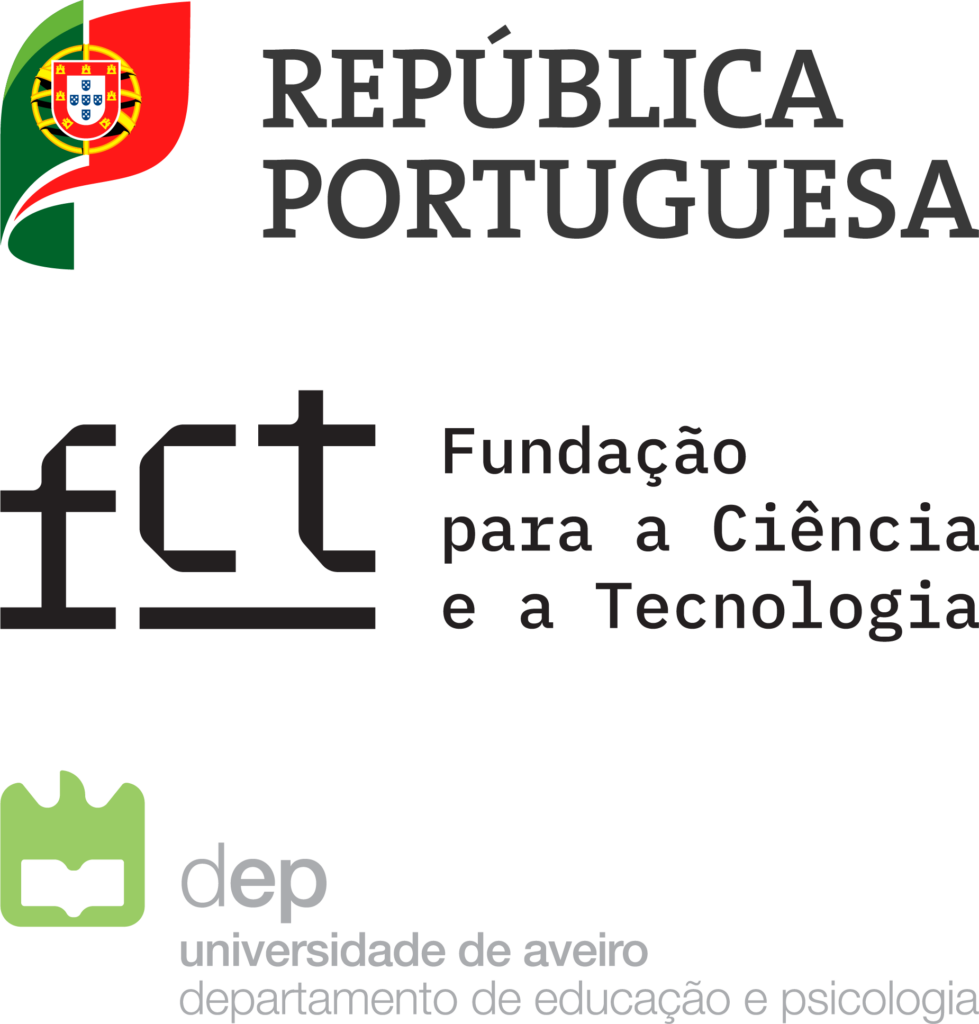A investigadora do CIDTFF, Betina Lopes, teve a sua candidatura proposta para financiamento no âmbito do Concurso de Estímulo ao Emprego Científico Individual 2018, com o projeto intitulado “Science Teacher Education in Portuguese speaking countries from the African, Caribbean & Pacific (ACP) region involving Portuguese Higher Education Institutions as development-cooperation actors: empowering policies and practices through research”.
A investigadora assinará um dos seis contratos atribuídos no âmbito do concurso nacional para a área da Educação: quatro na categoria ‘Investigador Junior’ (dois pelo Centro de Investigação em Estudos da Criança (CIEC/UM/UM), um pelo CIDTFF/UA e um pelo Centro de Investigação e Intervenção Educativas (CIIE/FPCE/UP)) e dois na categoria ‘Investigador Auxiliar’ (um pelo Centro de Investigação em Psicologia (CIPsi/UM) e um pelo CIIE/FPCE/UP).
Os resultados foram comunicados pela FCT no dia 27 de novembro. No global, foram propostos para financiamento 300 projetos, com a seguinte distribuição por grandes áreas científicas: 97 contratos em Ciências Naturais, 57 em Engenharias e Tecnologia, 51 em Humanidades e Artes, 43 em Ciências Sociais (seis na área da Educação), 33 em Ciências Médicas e da Saúde e 19 em Ciências Agrárias e Veterinárias.
Betina Lopes é investigadora do Grupo de Investigação ‘Políticas, Avaliação e Qualidade’ e do Laboratório de Supervisão e Avaliação (Lab_SuA) do CIDTFF.
– – – – –
Sobre o projeto*
Abstract: In a society that is increasingly shaped by Science & Technology, inclusive and equitable development implies quality science education. Qualified and motivated (science) teachers are key-factors to achieve this goal around the world, and in particular in developing countries. Portuguese Higher Education institutions (PHEI) have been collaborating in many (science) teacher education programs of Portuguese speaking developing countries from the ACP region. So far, accumulated experience remains unexplored compromising the quality and impact of the Science teacher education (STE). This 6-year project, with a mixed-method approach, aims to constitute an international network specialized in STE in the context of development cooperation. The project is focused on informing and assisting ongoing and future institutional policies and practices considering STE involving Educational institutions from the ACP region. Two main lines of action are planned: (i) to map knowledge produced within the protocols of two public Portuguese universities with long tradition in STE and its corresponding partners; (ii) co-develop with African & Timorese partners specific instruments that may empower STE in developing countries.
United Nations 2030 Agenda goals:
Goal 4. Ensure inclusive and equitable quality education and promote lifelong learning opportunities for all.
Goal 17. Strengthen the means of implementation and revitalize the global partnership for sustainable development.
Keywords: Education and Teachers for 2030; Portuguese Development Cooperation Model; Professional Development; Science Education; Policy-relevant research
*Dados disponibilizados pela investigadora





